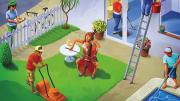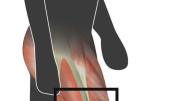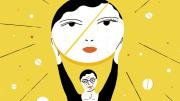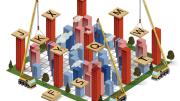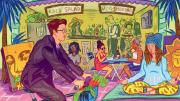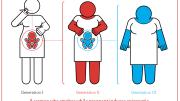Right Now
Cashing Out For Happiness
Research from HBS shows that by buying themselves out of negative experiences, people gain time for happiness-inducing activities like learning a language, or socializing.
by Oset Babür
Better surgical procedures benefit amputees
Improved surgical techniques enhance prosthetic function.
David Sinclair’s anti-aging science
Can a single molecule extend lifespan?
Ricardo Hausmann and colleagues develop a predictive tool for urban leaders
The combination of certain factors can determine whether a city is plagued with disease, or is a hub for innovation.
by Oset Babür
Why Trump Won the Republican Primary?
Why people vote for celebrities—even when they say they don’t want to.
A Harvard sociologist studies how veganism went from tasteless to trendy
Studying how a movement went from activist activity to aspirational lifestyle
How U.S. companies stole American jobs
Domestic outsourcing, not globalization, has redefined employer-employee ties.
by Oset Babür
Fake social media posts aim to distract
Distraction seems to be the aim of a massive government campaign of fake social media posts.
Epigenetic inheritance explained by in-utero exposures
Patterns of gene expression that appear to be inherited from one generation to the next are instead explained by in-utero exposures.
Cognitive Benefits of Healthy Buildings
Do workplace environments contribute to poor health for employees?
by Oset Babür

